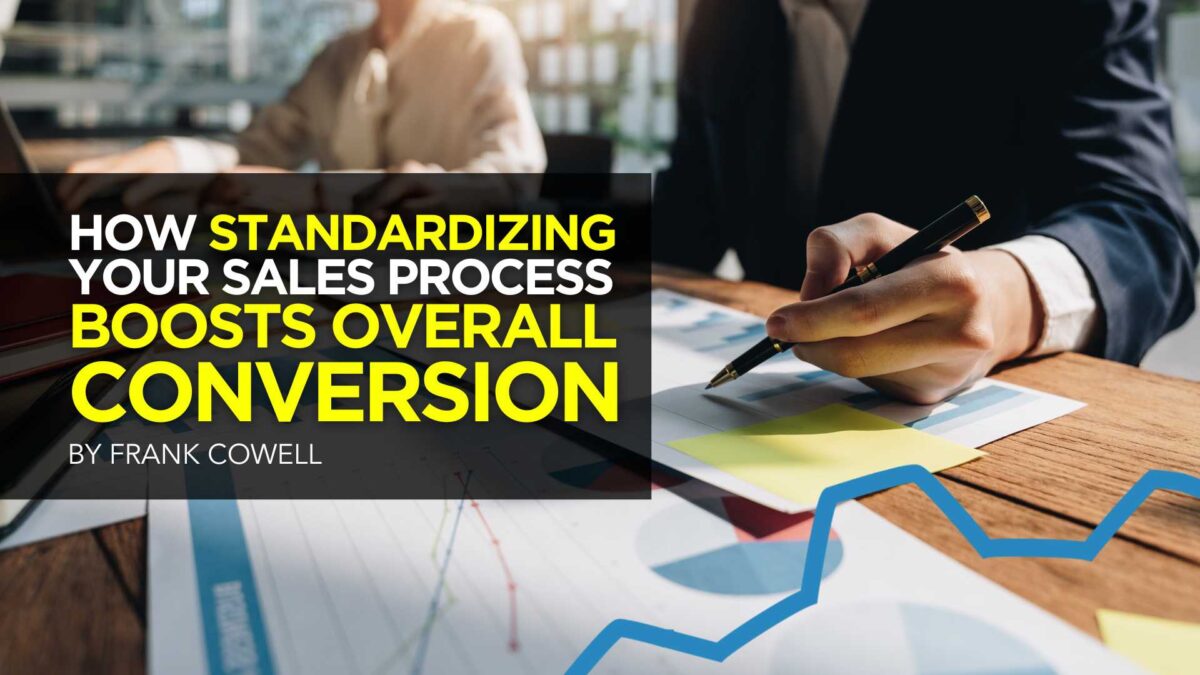People with this personality trait tend to have better health habits and more stable jobs and marriages.
People with this personality trait tend to have better health habits and more stable jobs and marriages.
People who are conscientious and careful live the longest lives, research finds.
Conscientious people tend to be self-disciplined and they aim for achievement.
Two aspects of conscientiousness have the strongest link to a long life:
- A preference for order,
- and an orientation towards achievement.
Careful people are also less likely to smoke or drink and experience lower levels of stress.
In more bad news for people trying to enjoy their lives, happiness seems to have little connection with a long life.
The reason is that cheerful, laid-back people tend to be more careless about their health.
Persistent and conscientious people, though, get that check-up.
The conclusions come from an analysis of 20 different studies which included over 8,900 people in many countries.
Being more conscientious was consistently linked to living a longer life.
It is probably because conscientious people tend to have better health habits and more stable jobs and marriages.
Conscientiousness is one of the five major aspects of personality, along with agreeableness, extraversion, openness to experience and neuroticism.
Professor Howard S. Friedman, the study’s co-author, said:
“The major finding is that this conscientiousness aspect of personality is indeed reliably predictive of mortality risk across studies.
This seems to be as important as most commonly assessed medical risk factors, few of which are psychological.”
If you are not that conscientious, there is still hope, said Dr Margaret L. Kern, study co-author:
“There is some evidence that people can become more conscientious, especially as they enter stable jobs or good marriages.
We think our findings can challenge people to think about their lives and what may result from the actions they do.
Even though conscientiousness cannot be changed in the short term, improvements can emerge over the long run as individuals enter responsible relationships, careers and associations.”
The study was published in the Journal of Personality (Kern & Friedman, 2008).
![]()
![]()
Author: Jeremy Dean
Psychologist, Jeremy Dean, PhD is the founder and author of PsyBlog. He holds a doctorate in psychology from University College London and two other advanced degrees in psychology. He has been writing about scientific research on PsyBlog since 2004. He is also the author of the book “Making Habits, Breaking Habits” (Da Capo, 2013) and several ebooks. View all posts by Jeremy Dean



 ]]> {{{ ( data.maybeFilterHTML() === ‘true’ ) ? _.escape( data.label ) : data.label }}} ]]>
]]> {{{ ( data.maybeFilterHTML() === ‘true’ ) ? _.escape( data.label ) : data.label }}} ]]>














